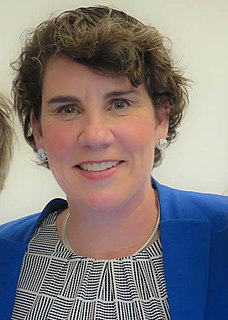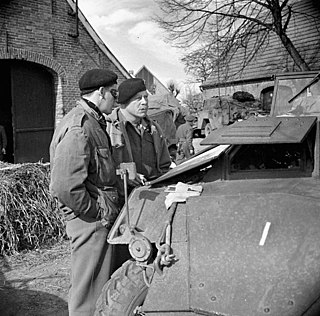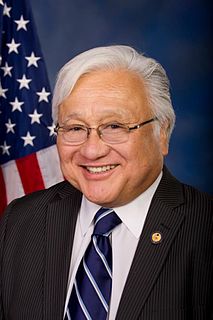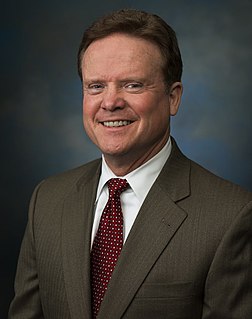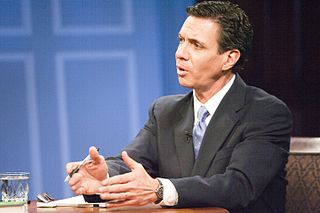A Quote by Amy McGrath
Growing up in northern Kentucky, honesty, integrity and character were revered traits, and - with my family - I looked to the greatest generation of Americans who saved the world during World War II.
Related Quotes
My dad was a member of the Greatest Generation that achieved victory in World War II. This was the generation that saved the world from fascism, came home and built the great American middle class, led the way in the civil rights movement, protected our environment, and created great programs like Medicare.
I'm a Veteran. I was in the Navy, in the submarine corps. I come from a military family. Both of my grandparents were in World War II and retired as officers. One fought in the Pacific and one fought in Europe. The whole family was in the war. I grew up exposed to it and hearing the stories, but the stories I heard weren't kind of the whole "Rah, rah, rah! We saved the world!" They were about the personal price and the emotional price.
I think in many ways, the Spanish Civil War was the first battle of World War II. After all, where else in the world at this point did you have Americans in uniform who were being bombed by Nazi planes four years before the U.S. entered World War II? Hitler and Mussolini jumped in on the side of Francisco Franco and his Spanish nationalists, sent them vast amounts of military aid, airplanes, tanks - and Mussolini sent 80,000 ground troops as well - because they wanted a sympathetic ally in power. So I think it really was the opening act of World War II.
We salute our veterans of Pearl Harbor and World War II, whose sacrifices saved democracy during a dark hour. In their memory, a new generation of our Armed Forces goes forward against new enemies in a new era. Once again, we pledge to defend freedom, secure our homeland, and advance peace around the world. Americans have been tested before, and our Nation will triumph again.
Acting on the theory that sometimes luck is better than work, I randomly called several people named Dattilo in Kentucky. All were unfailingly polite, and none knew anything about a major with their last name who died in World War II. I also discovered that more Dattilos lived in Kentucky than I would have imagined.
